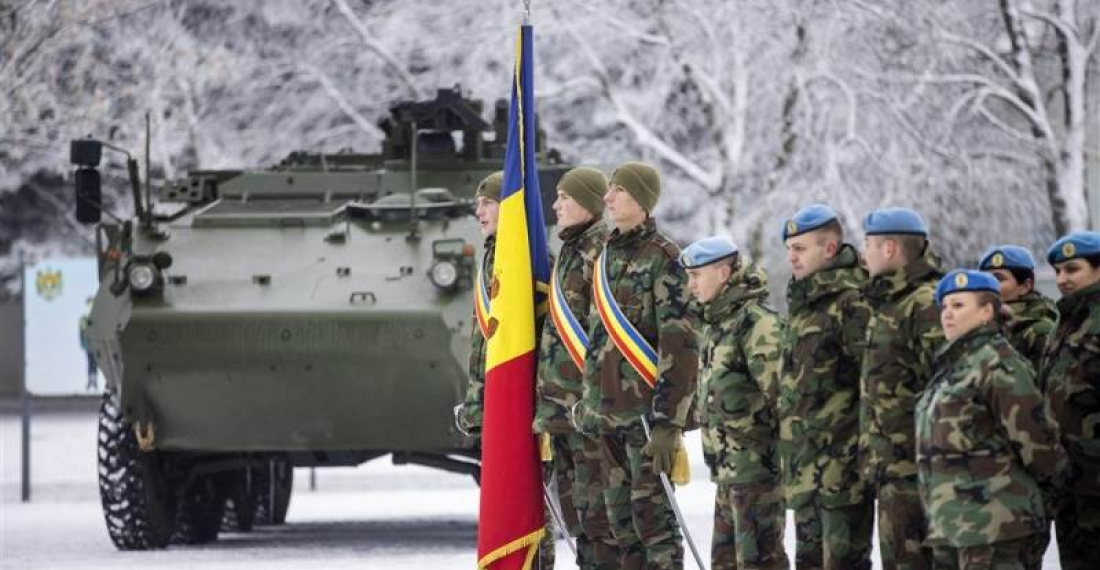The European Council has adopted measures to support the Moldovan and Georgian defense sectors, it was announced on Thursday (4 May), providing a total of €70 million in military aid to the two countries.
In a press release, the European Council announced extra funding for Georgia and Moldova to "enhance national security, stability and resilience in the defence sector of both countries" under the European Peace Facility.
"The latest assistance measures will contribute to enhancing the operational effectiveness of the Armed Forces of the Republic of Moldova and the Georgian Defence Forces, and accelerate their compliance with EU standards and interoperability, thereby allowing for better protection of civilians during crises and emergencies," the Council said.
Moldova
Over the course of 36 months, Moldova will receive €40 million in non-lethal equipment, supplies and services for the country's armed forces. The equipment provided will include air surveillance, mobility and transportation, logistics, command and control, and cyber-defence equipment.
This tranche of support comes on top of a €40 million assistance measure adopted in June 2022, and a €7 million one adopted in December 2021.
Georgia
Meanwhile, Georgia will receive €30 million in the same areas as Moldova, also over the course of 36 months. The equipment provided to Georgia will include engineering, command and control, medical, logistics and cyber-defence equipment.
This comes on top of two assistance measures adopted in December 2022 and December 2021, totalling €20 million and €12.75 million, respectively.
source: commonspace.eu with European Union
photo: EPA-EFE







